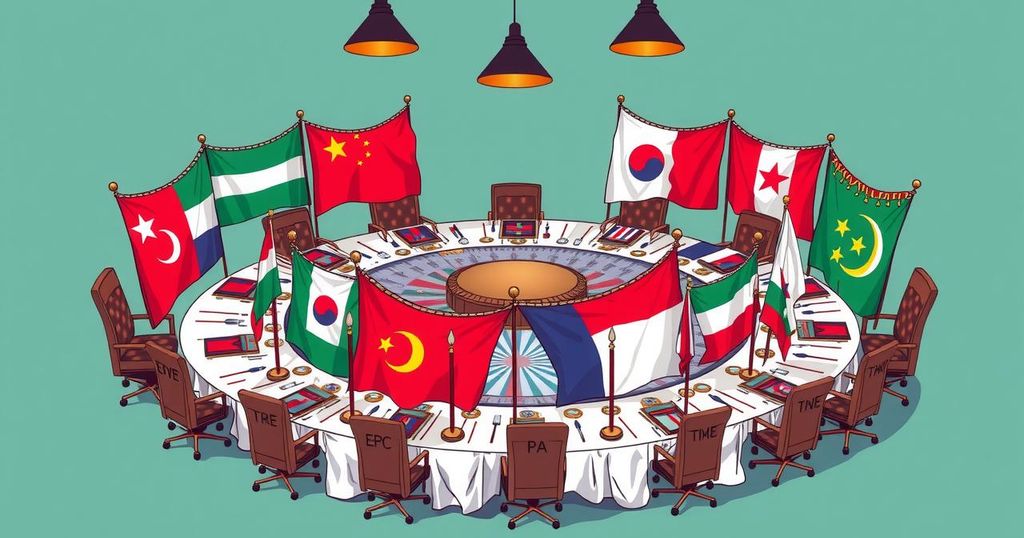Global news
AFRICA, AFRICA POLICY, CONFLICT RESOLUTION, CONGO (KINSHASA), DEMOCRATIC REPUBLIC OF THE CONGO, DIPLOMACY, DRC, GOMA, HEALTH CARE, HUMANITARIAN ASSISTANCE, IL, ILHAN OMAR, M23, OMAR, PEACEKEEPING, REGIONAL SECURITY, TRUMP, U. S. - AFRICA POLICY WORKING GROUP, USAID, WORKING GROUP
Isaac Bennett
0 Comments
Readout of Congresswoman Ilhan Omar’s Meeting on DRC Crisis
The U.S.-Africa Policy Working Group, led by Congresswoman Ilhan Omar, convened to discuss the humanitarian crisis in the Democratic Republic of the Congo, emphasizing the impact of past U.S. policies. Experts briefed members on the situation with the M23 militia in Goma, while Omar reaffirmed her commitment to a peace process that ensures justice and autonomy for the Congolese people.
Today, Congresswoman Ilhan Omar convened the inaugural meeting of the U.S.-Africa Policy Working Group in the 119th Congress to address the humanitarian crisis in the Democratic Republic of the Congo (DRC). The meeting featured insights from several experts regarding the deteriorating human rights conditions in the DRC, focusing particularly on the M23 militia’s occupation of Goma and its broader historical implications.
As Chair of the Working Group, Congresswoman Omar articulated her deep concerns regarding the repercussions of the previous Administration’s actions, which included the dismantling of the U.S. Agency for International Development (USAID), the enforcement of illegal mining practices, and the suspension of foreign aid. She emphasized how these factors contribute to the urgent humanitarian and public health challenges facing the DRC.
Furthermore, Congresswoman Omar highlighted the political dynamics of the crisis, expressing her unwavering commitment to facilitating a genuine and inclusive peace process. She underscored the necessity for justice and autonomy for the Congolese populace, advocating for long-term solutions to the ongoing turbulence in the region.
The US-Africa Policy Working Group’s meeting underscored the urgency of the humanitarian crisis in the Democratic Republic of the Congo, spotlighting the impact of past U.S. policies. Congresswoman Ilhan Omar’s commitment to fostering a robust peace process reflects a dedication to the Congolese people’s need for justice and sustainable development in the face of escalating challenges. The gathering serves as a pivotal step towards addressing both immediate humanitarian issues and broader political implications in the DRC.
Original Source: omar.house.gov




Post Comment